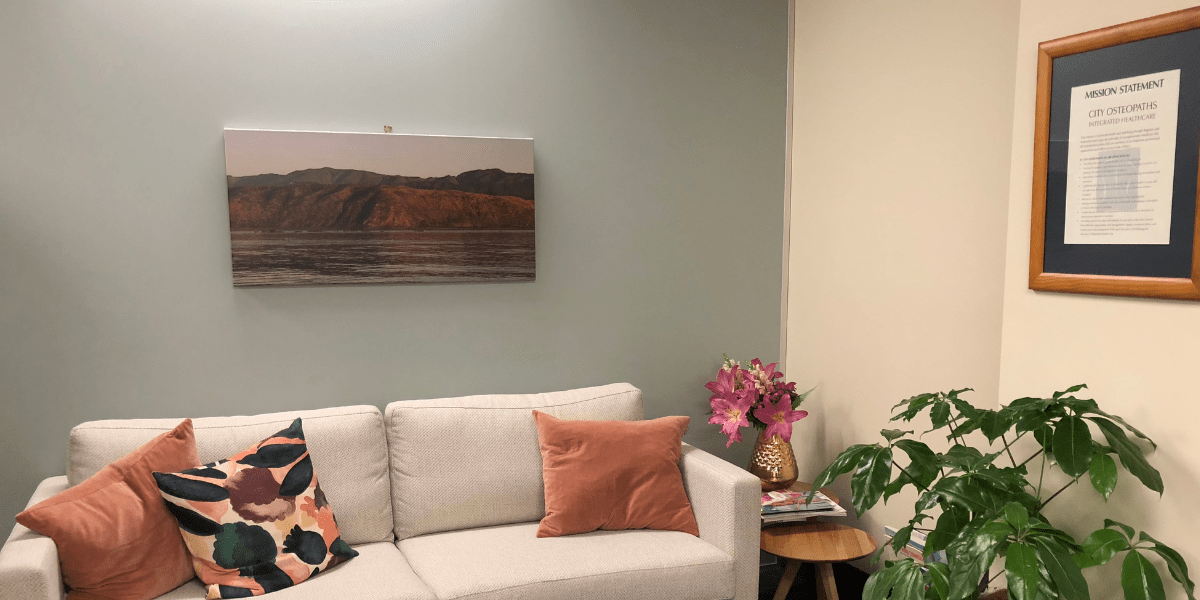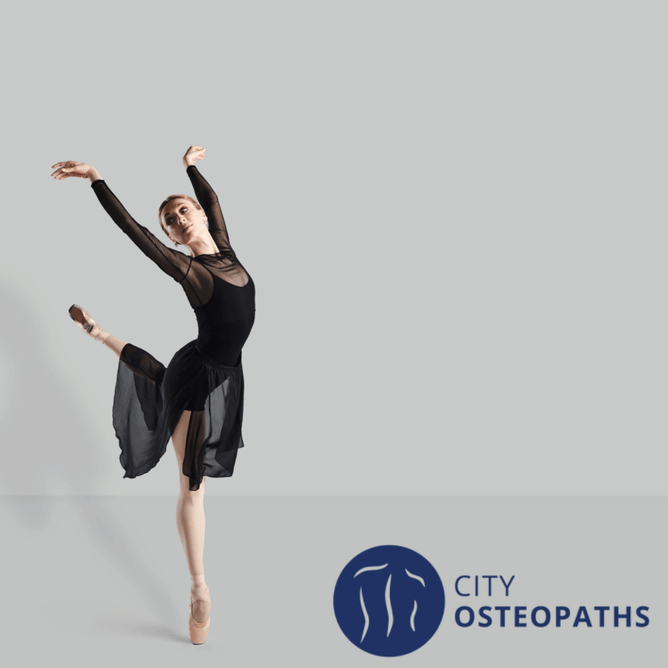WHY DO MY JOINTS CLICK? CAN I BE CLICK FREE AND PAIN FREE?
Is it good to click my own back and/or neck?
If I click often, will the tightness in my back get worse over time?
Do you like to click your own neck or back with a twist or side bend, as it gives you temporary relief of a tight or sore back or neck? Do you find find that ‘relief window’ is reducing and you are clicking more and more often to get out of pain or tightness? Have you wondered why this is? Is your pain and tightness increasing?
First, to be completely upfront, as a full-time ballet dancer in my late teens and early twenties, I used to crack my back multiple times per day. I would rotate, using a chair back to get more leverage and the cracking would help my painful and tight back feel better - but only temporarily. The problem was, that by rotating my whole spine I was unable to locate or focus the click to the tight/stubborn joints, instead the loosest joints which were already the most unstable in my whole spine/neck, would click and this would stretch the ligaments that were meant to be supportive, and make those joints even more unstable.
This would then result in the muscles either side of the spine tightening up further to try to stabilise the spine and I would be clicking my back again even sooner. I found out from personal experience that clicking ones own spine/neck is a dead end of discomfort and won’t lead you back to comfort and health.
Research has now shown that clicking joints in your fingers will not cause arthritis, however if you click your spine repeatedly and end up with very tight muscles in your back, these strong muscles are likely to compress your spine over time. This can contribute to earlier onset of ‘wear and tear’ or osteoarthritis in the small joints and may also cause damage over time to your intervertebral discs which form the large weight bearing joints of your spine. You really don’t want this to happen as it can lead to chronic pain and even back surgery.
Fortunately I stopped clicking my back many years ago now, with help from a Registered Osteopath who would help balance up the ligaments (which form the structural support of the spine) so that each vertebra was facing the forwards (not side bent nor rotated) and doing its fair share of the workload. They also gave me the right kids of exercises and treated my back gently to calm down the irritable input from the nerves in the area so my muscles were able to return to a normal tone/length. I then felt comfortable again in my back. This meant my need to click my back reduced and over time I was able to drop this painful habit.
As an osteopath for over twenty-six years now, I have been able to help multiple people get out of clicking their own back/neck.
The problem was highlighted for me as an important issue to address with my patients when many years ago I saw a woman in her thirties with a very acutely painful low back, about a 9/10 in pain severity - when I asked her to count how often she clicked her back, she was surprised to discover she was clicking her low back six times every hour by sticking her tailbone momentarily backwards. The problem had started with falling off a horse a few years before. Initially she was only clicking once a day, but over time her lowest back joint - her lumbo-sacral joint, had become more loose/hyper mobile. With excessive clicking and the destabilising effect this has, the muscles around the joint were continually tightening up due to the strain of trying to give her back the support it needed and this contributed to her pain. Fortunately we were able to help her get out of the habit of clicking and stabilise her back so she no longer needed to click and became pain free.
Often an injury can set you on the road to frequent clicking and increasing pain. Then it is advisable to seek help from a qualified practitioner such as a qualified physical therapist or registered osteopath who can treat the strains in the body still present from the injury, then help guide you to a full recovery.
Helping you out of the habit of clicking your own back/neck usually includes gentle hands on treatment to balance up the structures involved, free up the tight muscles and fascia and teach you simple alignment or stabilisation exercises as indicated. Over time the previously unstable parts of your spine will become more stable and resilient again with every part of your spine doing its fair share of the work and movement and no longer needing to be clicked. Then your back or neck pain will ease up and become a thing of the past!






